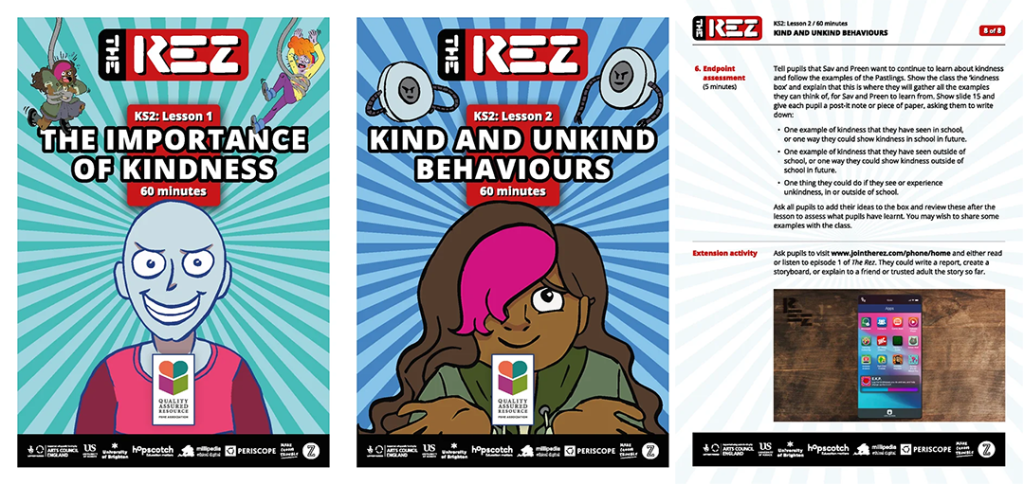First up, a quick plug for two amazing workshops we’re running next week.
We’ll be at Rye Nature Reserve for our Catalyst arts programme. If you work with care-experienced young people aged 12-16, we have a fabulous free nature-based art workshop at Rye Harbour Nature Reserve next Wed and Thurs 11am – 3pm. Parents/Carers can register here.
We’ll also be heading to the South Downs National Park with the amazing folk from Dragon Drama for 3 days of woodland drama! There are still a few places left. If you know anyone who fits the bill (aged 11-15, in receipt of free school meals in East Sussex) and would like to join us, send them this link. It’s also free!
In the news…
There have been plenty of reports out this month detailing the rising mental health needs of young people. There’s news that the effects of the Covid pandemic have hit all age groups hard in terms of physical and mental ill health, and for young people it’s meant developmental milestones being missed.
The Children’s Commissioner for England has published statistics that show over a quarter of a million young people are still waiting for mental health support after being referred to Children and Adolescent Mental Health Services (CAMHS). Among the recommendations, the report calls for “Support for children who do not reach the threshold for CAMHS, including through Early Support Hubs, Mental Health Support Teams, from school counsellors”.
In our work we’ve seen systemic problems for young people as a result of the pandemic, delayed access to mental health services, worries about the future, and the cost-of-living crisis.
We have been working with young people who have received early support through social prescribing, which for many has been life changing. It’s a low cost early intervention that has been shown to make a real difference. Social prescribers offer one-to-one family support, activities for young people that help them to reconnect with peers, overcome anxiety and reduce time spent away from school and the classroom.
What we’re doing to make a difference
We’re currently working on developing new ways to help young people, creating a supportive framework that will not only help with their wellbeing but also give them confidence, resilience, and new skills in critical thinking and communication.
Part of that plan has been to develop interview techniques and podcast production training for young people. We’ve worked with YMCA and Save the Children this past month delivering training, listening to young people and – importantly – helping them to listen to each other’s stories. For Save the Children we worked with Priority 15-4 on the creation of a youth panel from different schools that represent rural and coastal communities and explored themes of education, mental health, money and housing. Their candid conversations and honest opinions help to form the foundations of the next phase of the project, a co-created campaign where they develop their skills to become active community organisers.
By developing fun and immersive workshops – that are the least like a classroom setting – young people are given free rein to be creative, use their imagination and develop storytelling skills. Our team helps them to produce their own podcast and they learn how to interview each other about serious issues while also including enjoyable and amusing topics (see photo at the top of this newsletter!). The best thing we can achieve from a workshop is to make a child feel valued, heard and to make sure they are having a great time.
If you’re interested in working or collaborating with us, or funding our new initiatives, you can find out more here.
If you or your young person needs support, we have lots of great resources on our website in the Help & advice section.
👋 Do share this blog with anyone you think might find it useful. Thanks!
We hope you enjoy Make (Good) News. If you have any suggestions or news you think we should cover next month, send us a line!
The Make (Good) Trouble team x

